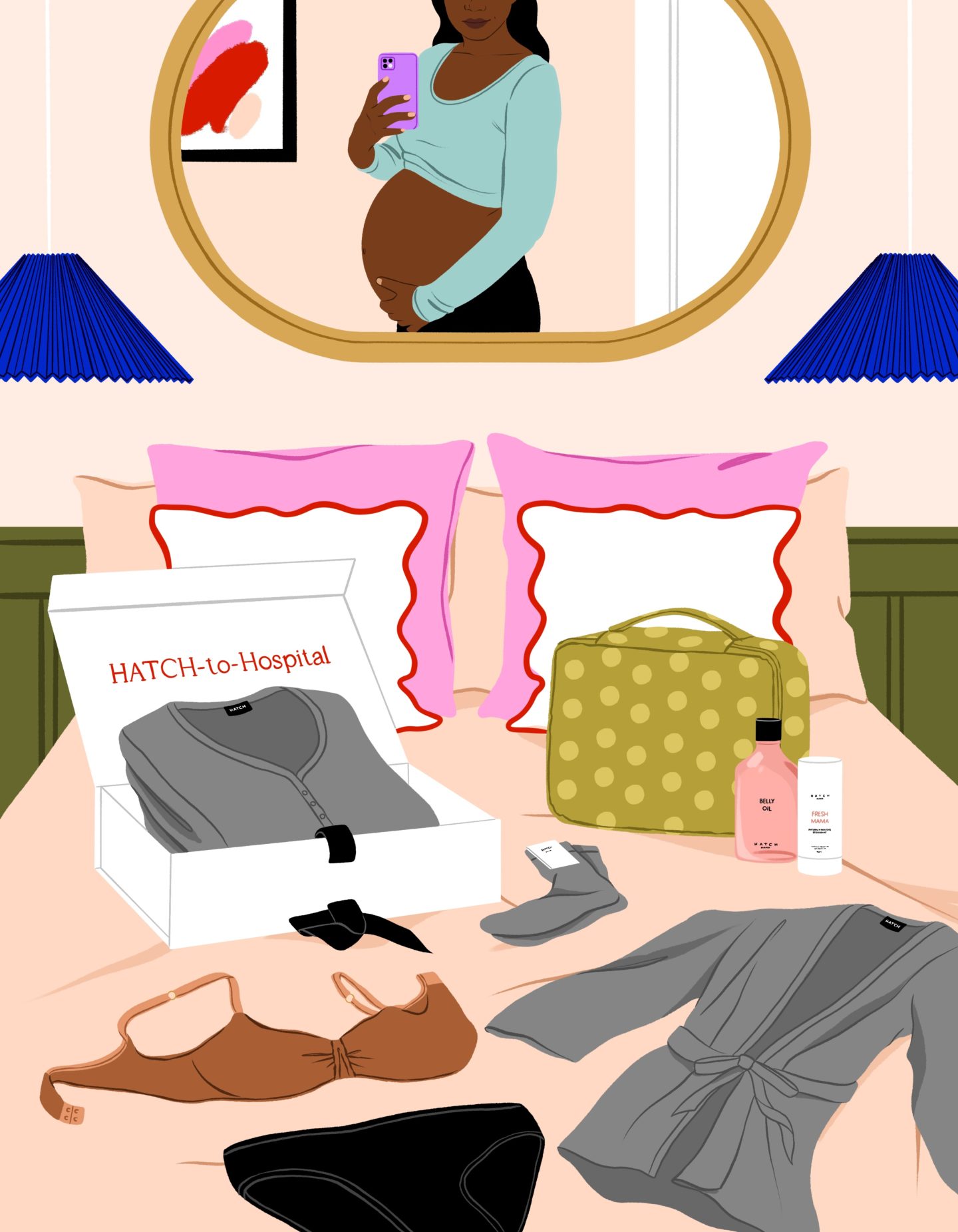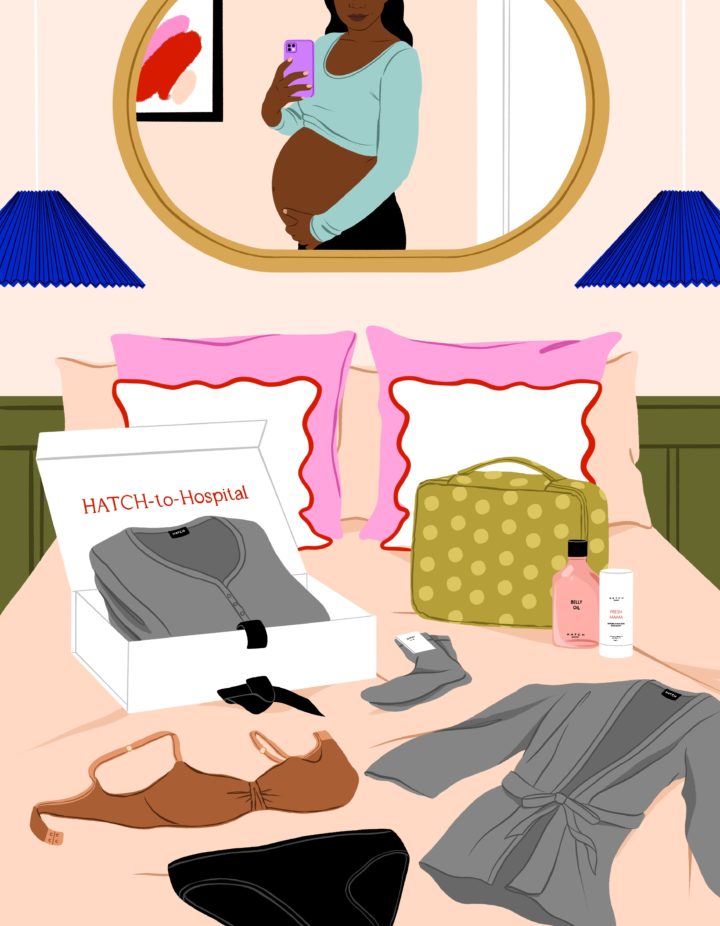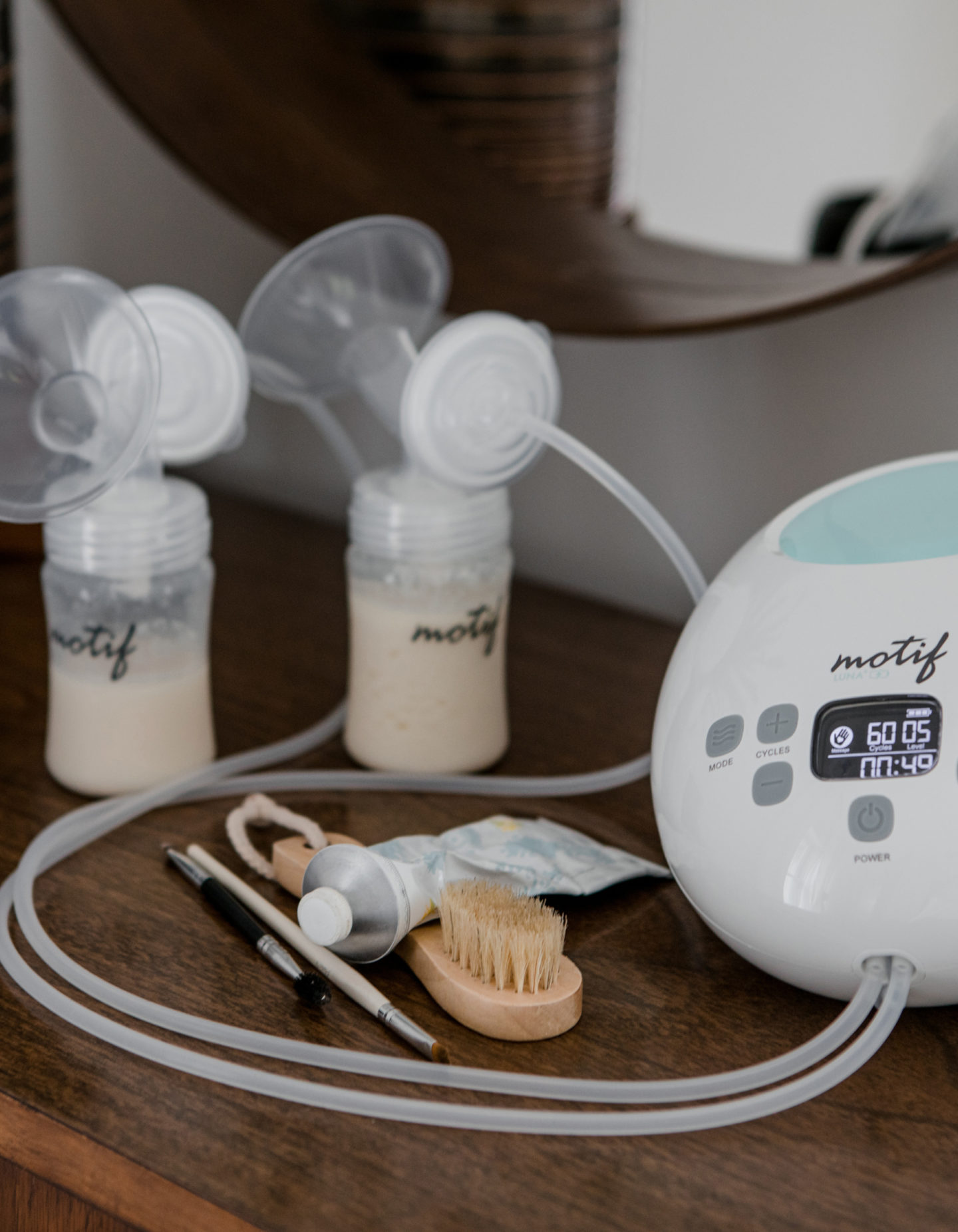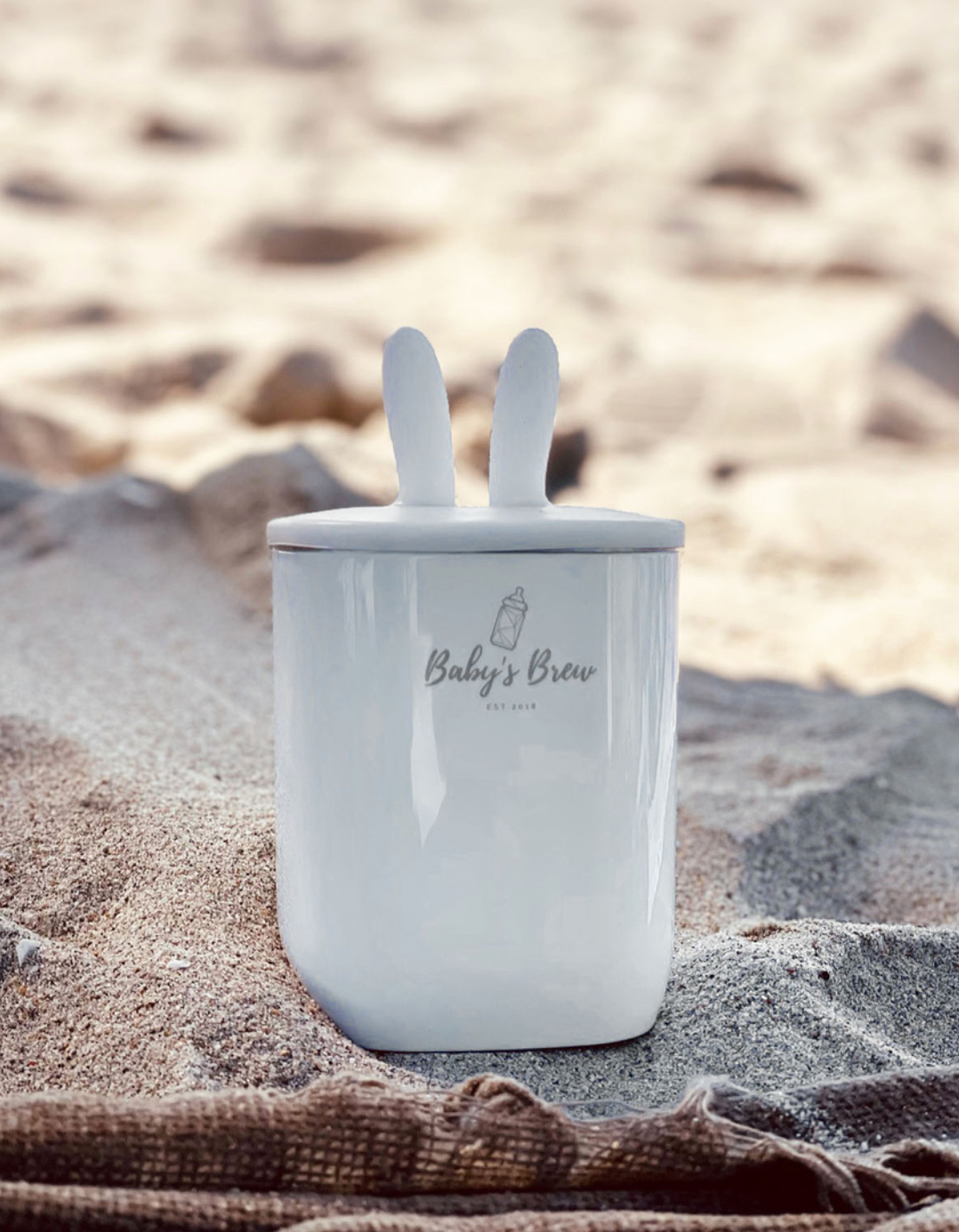While you don’t really need all that much in your hospital bag, we put together the top 10 categories of things that will make your hospital stay as comfortable as possible! Since when your baby decides to come is unpredictable, your estimated due date (EDD) can help guide you get prepared. A reasonable goal is to finish packing by your 36th week of pregnancy, which is about 1 month before your due date. If you’re still stressing it, also watch HATCH’s “Packing Your Hospital Bag” event.
1. Snacks
Light, bland snacks like crackers, honey, bone broth, fruit, or fruit popsicles can be helpful in providing you energy, should you want to nibble during labor.
Most midwives and many OBs say that it is safe and recommended to eat during labor. You will need energy for the hard work you’ll be doing, and you’re just as likely to throw up and poop during labor (which are incredibly common!) whether you eat or not.
Though some hospitals discourage eating while you are laboring under their care, there is currently no evidence to support this. Many of these rules are left over from the 1940s, when laboring folks gave birth under general anesthesia, and eating slightly increased your risk for aspiration. However, this is extremely rare today and our surgical techniques are significantly more advanced than they were when these rules were made.
Ask your care provider what you can eat and drink during labor, and if you are having a planned c-section, be sure to follow your pre-op instructions carefully!
2. Hydrating Beverages
Regardless of your hospital’s eating policy, pack some of your favorite hydrating beverages. Instead of plain water, you can try coconut water or labor-aid (an electrolyte drink you can make with water, lemon, and salt). Hydration is very important during labor, so pack something you’ll like, as you will be more likely to drink more of it!
DOULA TIP: Don’t forget to pack a bendy straw! It will come in handy when labor becomes so tiring that even tilting your head to drink can feel like a tedious task. Your Doula or support person can simply lift the beverage with the bendy straw to your lips no matter what position you are in.
3. Paperwork
Pack the hospital paperwork, your insurance card and ID ahead of time so that you don’t have to scramble at the last minute. Pack several copies of your birth plan or birth preferences sheet to show to any new providers or nurses you may encounter during your labor.
4. Pain Relief Tools for Labor
To set a mood for relaxation and concentration, dim the lights and consider packing the following items to help get the oxytocin flowing: pictures of loved ones, images of beautiful places, birth affirmation cards, flameless candles, essential oils, an oil diffuser, a soft pillow, a favorite blanket, and a scarf.
For the more intense moments, there are also some accessories to consider packing in your birth bag for pain management that your partner can use to ease your labor like tennis balls, massage tools, a fine tooth comb, a fan, and more. To get our essential partner in pain relief list, download our free ebook here. To learn many of these pain relief techniques, take a childbirth class.
5. Your Own Labor Outfit
Comfort is Key: Although the hospital will provide you with a gown, you do not have to wear it, despite possible pushback from the staff. Most people don’t find hospital gowns empowering, comfortable, or attractive. In fact, a hospital gown can make you feel like something is wrong with you or that you are sick. You’re not! You are about to give birth– a healthy activity! So choose comfortable, lounge-type clothes like dresses, nightgowns, large button-down shirts or a skirt and shirt which will both offer access to your birth canal and make skin-to-skin contact and breastfeeding/bodyfeeding easy. The Hatch to Hospital Box includes a comfy tank dress, robe for postpartum, and socks to keep your feet warm in cold hospitals.
Safe Stepping: As you are laboring, it’s a great idea to walk around your room or the hospital floor. Doulas and midwives recommend walking to help your labor progress and manage pain. Make sure you choose footwear that has grips or a rubber sole for your safety on slick hospital floors. Slip-on shoes to go home in are helpful, as your feet may be swollen if you receive a lot of IV fluid.
6. Postpartum Underwear
Although the hospital will provide mesh underwear for you to wear after you give birth, some people prefer to bring a few pairs of their own postpartum underwear. Whether you give birth to your baby vaginally or via cesarean, you may find that high-waisted underwear provides a snug feeling of pulling everything together in your midsection. This secure feeling can be comforting in the early days and weeks of the postpartum period. We love the Hatch postpartum underwear, which has a wide variety of options that will feel awesome if you tire of the mesh ones the hospital provides.
7. Toiletries and Personal Care Items
One way to help make your hospital stay more comfortable is to pack all of your favorite toiletries and personal care items, such as a washcloth (hospital towels are scratchy!), toothbrush, toothpaste, mouthwash, deodorant, facial wipes or spray, hair ties, and a brush or comb. Hatch’s lip rescue balm and belly oil or Down Girl cream (it’s so dry in the hospital!), peppermint oil to sniff for energy or to relieve nausea, breath mints or candy to suck on for pain relief, nausea, and/or bad breath. Be sure to have a few plastic bags for vomiting readily available during your transport to the hospital or birth center, in case nausea strikes while you are in between destinations.
After giving birth you will bleed for several weeks; quite heavily at first and then it will taper off. This is called your lochia! The hospital usually provides huge maternity pads to catch the blood in the first days. If you don’t want to use the hospital brand, bring 10-20 of your favorite brand of extra-large, extra absorbent, or overnight pads.
8. Entertainment
A variety of music playlists, a book, a device to watch movies and shows, headphones, mini board games, crossword puzzles, coloring books, or anything else that helps you pass the time can be helpful. Except in very early labor, these will not typically be used by people having unmedicated births. However, in cases of long inductions, epidural use, or time spent in waiting rooms, entertainment can be helpful to pass the time.
9. Tech Tools
Be sure to include in your hospital bag any technological needs you may have, such as a video-playing device, chargers with extra long cords, and portable speakers! Not only can they be used to play music but also to ensure that you can hear your support person speaking if you have virtual doula support or are FaceTiming with your doula early in labor.
10. A Few Things for Baby
All your baby really needs is the outfit they will go home in, a hat, socks, and a properly installed car seat (you can’t leave the hospital without one!). The hospital will provide you with all the diapers you will need during your baby’s stay, including the ones that they go home in.
When signs of labor begin for you (which could include contractions, consistent cramp-like sensations, pain in your belly or lower back, leaking fluids such as bloody show or amniotic fluid), you’ll be happy that your hospital bag is packed. Review this list or use our checklist and take note of the items that feel like they would make your hospital stay extra supported!
Jada Shapiro is a maternal health expert and the founder of boober, where expectant parents and new families find expert classes and vetted pregnancy to postpartum care providers, like doulas, lactation consultants, or mental health therapists when they need it. She also founded Birth Day Presence a highly respected birthworker training center. She is a birth and postpartum doula, childbirth educator, lactation counselor, birth photographer, mother, and step-mother. Jada has assisted thousands of families through birth, postpartum and in the classroom and is a sought-out media expert on pregnancy, postpartum and newborn parenting.




